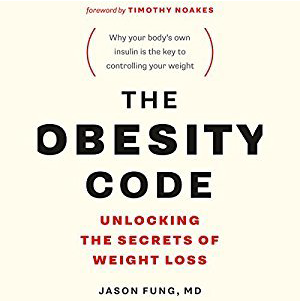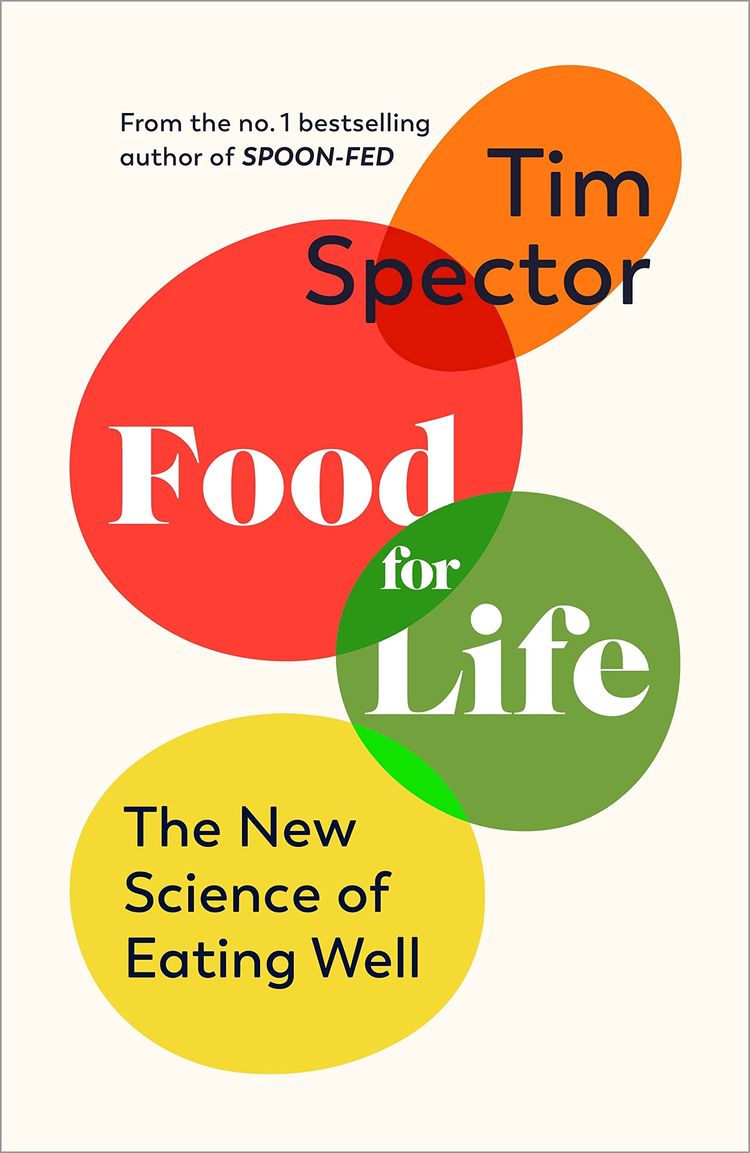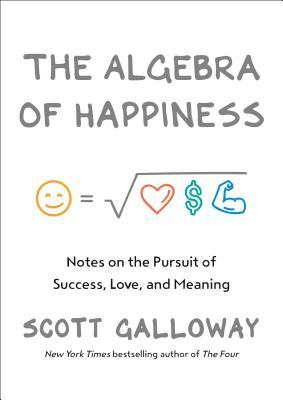Re-read: The Obesity Code by Jason Fung

This year I’ve decided to focus more on re-reading books which have had a significant impact on me (see category re-read). I have seen significant benefits in the areas such health, wealth, love and happiness because of useful and informative books. When reading a book I diligently take notes and write reviews on this blog. Although I remember many aspects of these books there are just as many aspects I also have forgotten.
From a health perspective I have focused on the following authors of books and blogs:
- Mark Sisson: A focus on the Primal Lifestyle (think eating, exercise and wellbeing).
- Dr Joseph Mercola: More technical focused nutrition articles and books. Although like Sisson I have felt they are becoming more and more commercial.
- Dr Jason Fung: Nutrition aspects more focused on Ketosis and Intermittent Fasting.
In this instance I decided to re-read Jason’s Fung’s book “The Obesity Code” (My original review in 2017: URL). What I liked about this book is the balance of technical information coupled with simple concepts a layman can follow. Without doing another review given you can access the previous one I did, here are some key points relevant to obesity and weight loss:
- Why are some Doctors overweight if they know best about weight and obesity? Sometimes the focus is on proximate cause versus ultimate cause.
- 70% of obesity is inherited. Evolution did not favour obesity but leanness; something that has changed dramatically over the last century (due to more sugar in foods and reduction of saturated fats in foods, focus on snacking and mis-information by governments, media and consumer packaged goods organisations etc)
- Calories in equals calories out. Calories should not be the focus for weight loss. If you reduce intake of calories into your body, you will automatically reduce calorie expenditure (i.e. less energy, less motivation / focus, body feels colder etc.)
- Obesity is a hormonal imbalance due mainly to the production of insulin. The other aspect to consider in relation is the build-up of insulin resistance.
- Intermittent Fasting’s success is due to the nature of the term intermittent. It is helpful for the body to be a little random. Having three meals a day (as well as snacking) isn’t helpful as we haven’t evolved this way.
- Fasting is not starving (one of these concepts is a choice, the other is not). As above, we have evolved for thousands of years not eating three meals aday (let along snacking given today’s conventional wisdom).
- Muscle loss does not occur during fasting. Think again about evolution, if muscle loss occurred during fasting, humans would never have survived. Muscle loss during fasting only begins to occur when your body fat percentage is approximately 4% or less.
- Intermittent Fasting can sometimes be a struggle. To help suppress hunger drink water or coffee (more water and not too much coffee), add cinnamon to drinks and/or take a nap.
- Changing your fasting routine is the best way to break through a weight plateau.
Hope this helps! Please read this book as it is a short read and contains a wealth of information. It frustrates me to no end that most people focus on the wrong things when it comes to health and nutrition. Keep it simple and think about how we have lived for thousands of years.




